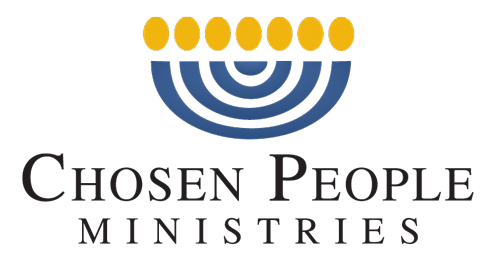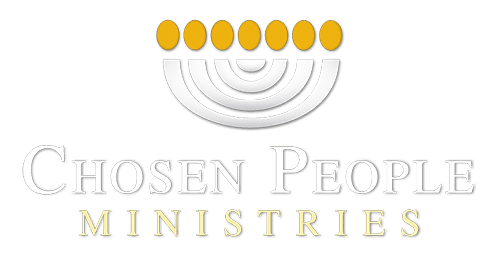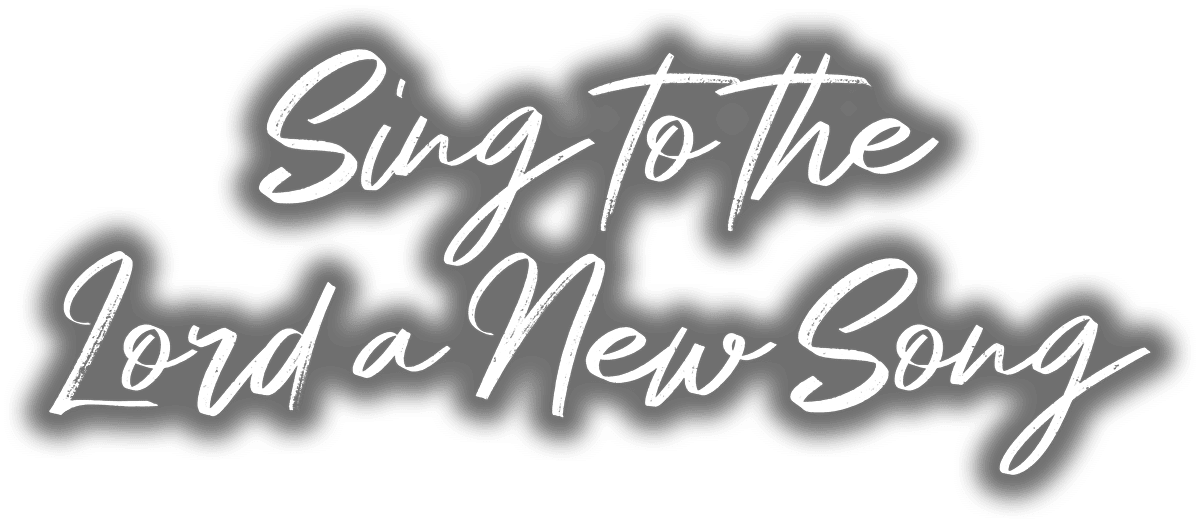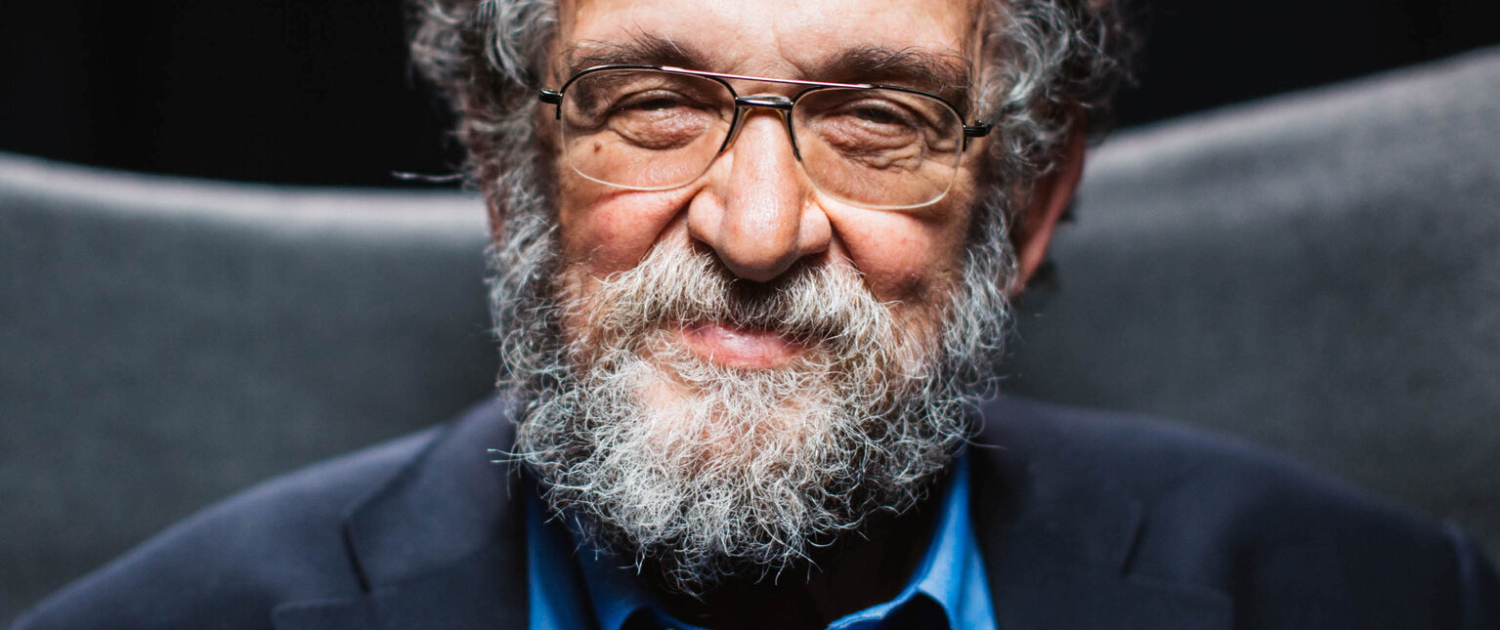A Testament to God’s Faithfulness
Shalom, dear friends,
We see the dramatic rise of new Messianic music today and musicians, especially in Israel, including Joshua Aaron, SOLU, MIQEDEM, and others who are writing Israeli-style Messianic music, unlike the older, more eastern European tunes. The older style gave powerful testimony to a generation of post-Holocaust Jewish people, confirming you can be Jewish and believe in Jesus. At the same time, these new Israeli sounds make it clear Israelis who believe in Jesus are not only still Jewish but, by culture and nationality, proudly Israeli.
Many Messianic congregations worldwide have embraced this new form of music, and it is an authentic part of our worship life and witness to how you can be Jewish and believe in Jesus. What a joyful Jewish testimony for the Lord!
Messianic Jewish Music for All
Rabbi Stuart Dauermann is one of the early fathers of Messianic music who continues to lead worship and write today. I asked my dear friend Stuart about his pilgrimage in Messianic music and wanted to tell you some of his thoughts.
I am so grateful to Stuart for his treasure trove of musical contributions to the corporate life and testimony of today’s growing Messianic Jewish community. Singing songs expressing our love for the Lord is always a sign of a vital and growing movement of the Spirit.
Our Messianic Jewish music is so essential to our identity as Messianic Jewish people and for our witness. If the number one objection Jewish people have about believing in Jesus is they would no longer be Jewish, then our music might be the loudest and sweetest testimony to proving we keep our Jewish identity. At our core, we are always who God made us (1 Corinthians 7:18), even more so when we recognize He created a covenant people whom He called for His specific purposes.
Every Jewish believer in Jesus we meet is a testament to God’s covenant faithfulness. When we lift our voices and sing Messianic songs within our hearts, we not only affirm we are Jewish followers of Jesus but also identify with and love our people.
Enjoy the rest of the newsletter, and please continue praying the Lord will put a new song in the hearts of Jewish people worldwide. You can help make this happen by praying and standing with Your Mission to the Jewish People.
Blessings,
An Interview with Stuart Dauermann
How do you define Messianic Music?
I used to define Messianic music as Jewish in flavor and apostolic in doctrine. I no longer define it that way because it left out the element of communal location. I now favor this definition: “Messianic music is music that is Jewish in flavor, apostolic in doctrine, and expressive of the covenantal and social location of Messianic Jews as part of the remnant within Israel and not outside of it.”
How did you begin writing Messianic music?
I attended an American Board of Missions to the Jews (Chosen People Ministries’ older name) meeting in New York City, where the leaders sought to communicate in Jewish ways to Jewish people. However, as I told the director there, the music in the meetings sounded very un-Jewish. The music actually implied that Jewish people who believe in Jesus lose their identity as Jews. Since I was going to music school then, he challenged me to write some better music. So I did!
What might the future of Messianic music look like?
Messianic music will lose its power and lose its way if those responsible for it themselves lose clarity on their identity as Jewish believers in Jesus. The music must not only be biblically and theologically sound but must also be an authentic expression of Jewish faith in Jesus the Messiah. To achieve this, over the past thirty-five years, I have increasingly written music based on Jewish liturgy, which itself expresses the voice and soul of the Jewish people. Only by hitting the right biblical, theological, communal, and cultural notes will it be possible for Messianic music to be spiritually enriching and something not only lively but alive.
A History of Messianic Jewish Music
Singing and dancing are a central part of Jewish culture and religious life, and how much more exciting for those who can rejoice in their relationship with the Messiah! Music as joyful worship is an essential part of biblical life. Psalm 95:1 encourages us to sing before the Lord: “O come, let us sing for joy to the Lord, let us shout joyfully to the rock of our salvation.”
The Story of Messianic Music in Israel
Worshiping the Messiah through music has been a crucial part of life for followers of Jesus (Yeshua) since the first century. Paul exhorts believers in Messiah to be filled with the Spirit and speak to one another in psalms, hymns, and spiritual music (Ephesians 5:18–19). Honoring God with our voices through song is still essential to worshiping Him.
The Jewish Impact on Popular Music
Music permeates the Hebrew Scriptures. For example, we read about Jubal, who “was the father of all those who play the lyre and pipe” (Genesis 4:21). Moses and Miriam sang, as did Deborah, Hannah, and David. The psalmist calls upon all the earth: “Sing to the Lord a new song” (Ps 96:1). From singing to playing instruments of all kinds, making a joyful noise is ingrained in the Jewish soul since ancient times.






